
(from Greek “melas”, meaning “black”) is an acquired skin disorder consisting of hyperpigmented patches symmetrically distributed on face, neck, and more rarely, arms. 90% of cases affect women.
Despite being a very treatment-resistant and relapsing disorder, there are certain guidelines that can help you fight it. We would like to share some of them from Clínica Áureo.
Ask a qualified doctor, it is imperative that melasma is properly diagnosed, since the skin patches may conceal other more severe skin diseases that could go unnoticed – they could also be a symptom of a systemic disease.
Among melasma’s multiple risk factors, ultraviolet radiation and hormone influence (oral contraceptives and pregnancy) are identified as the main triggers, but other factors include certain drugs (such as phenytoin), thyroid diseases, phototoxic medicine, and genetic predisposition. Risk factors must be avoided as far as possible, as long as it does not affect other conditions.
Moisturized and healthy skin will endure external aggressive factors in the summer, such as our face, neck, and cleavage being permanently exposed to sunlight, breezes, and chlorine. We must take proper care of our skin so that it is ready for these elements.
There is a wide variety of patch and skin-whitening cosmetics in the market, it is important to find the most suitable one for your skin and your type of melasma (there are several!), sometimes it is even advisable to combine topical medication to fight this disorder. From Clínica Áureo, we insist – if you get a proper clinical diagnosis, you will obtain specific instructions for your skincare.
We left the most important tip for last. It is absolutely necessary to use sunscreen regularly, protecting your skin from sunlight as part of your daily routine is not only important when you foresee sunlight exposure, but also whenever you go outside. You must also use the most fitting sunscreen, which will vary depending on your skin type, as well as the time of the year and the expected degree of exposure.
As you can see, melasma can be prevented, and if it is too late, it can be treated through proper diagnosis to make your skin regenerate and look younger and healthier.
Melasma is a complex pigmentation disorder that requires an individualized approach. At Clínica Áureo, we place special importance on prior diagnosis, as it is essential to understand the origin and progression of each case before starting any treatment. Only then can we design an effective and safe plan.
Depending on the characteristics of each patient, we may opt for individual or combined treatments, including techniques such as microneedling, custom topical formulas, and oral therapy. All options are assessed and supervised by our medical team, with the goal of improving the appearance of the skin in a progressive, respectful, and long-lasting way.
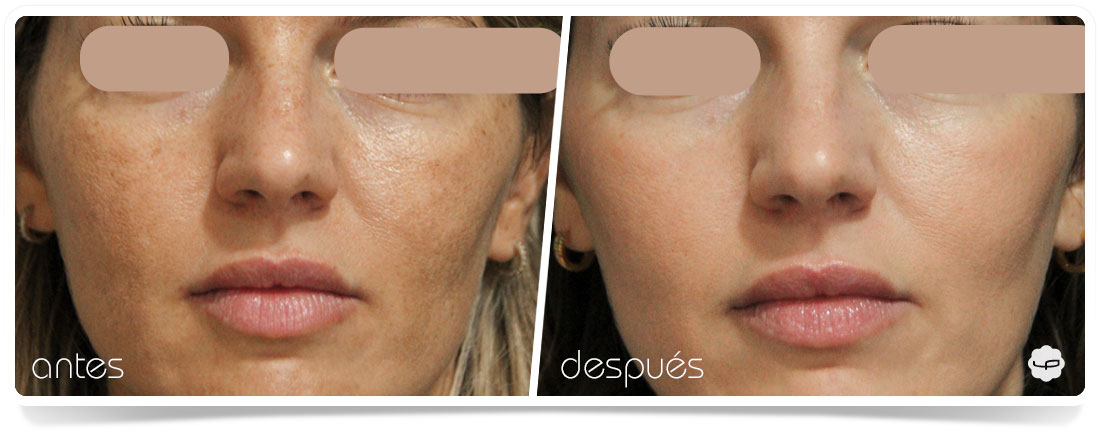
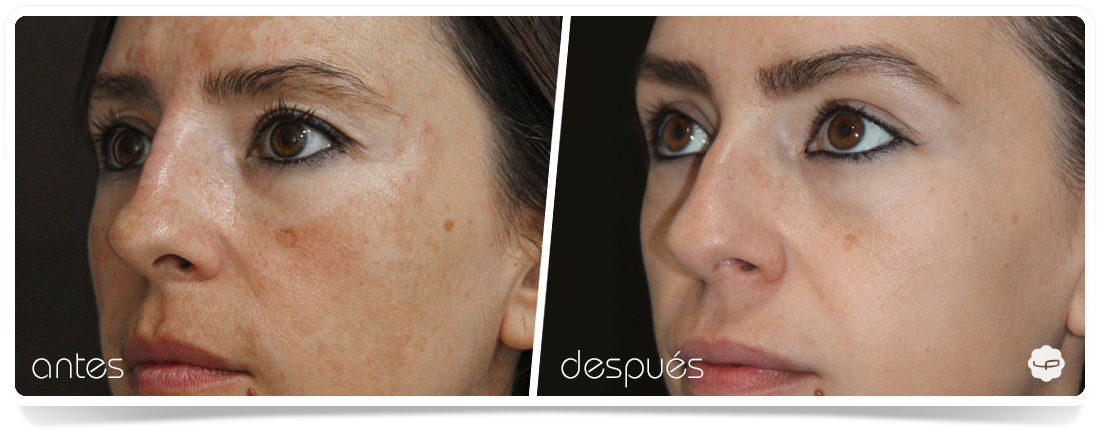
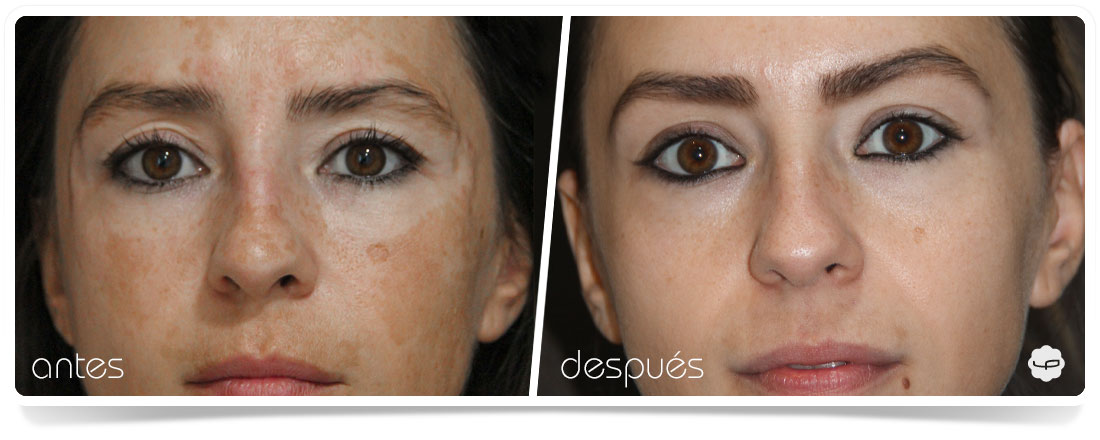
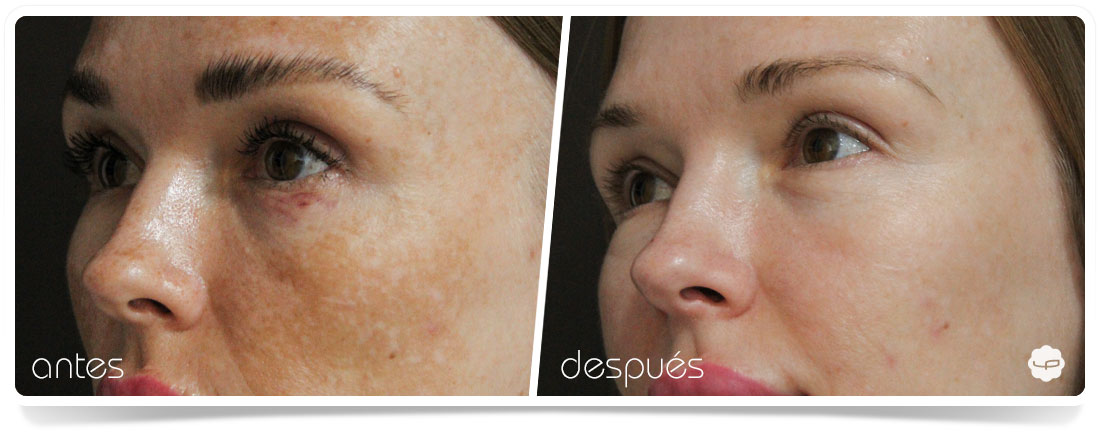
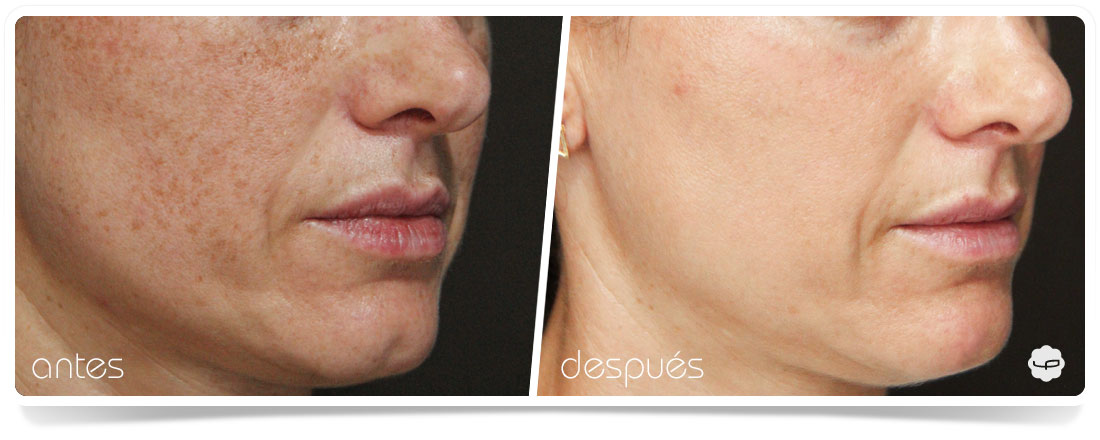
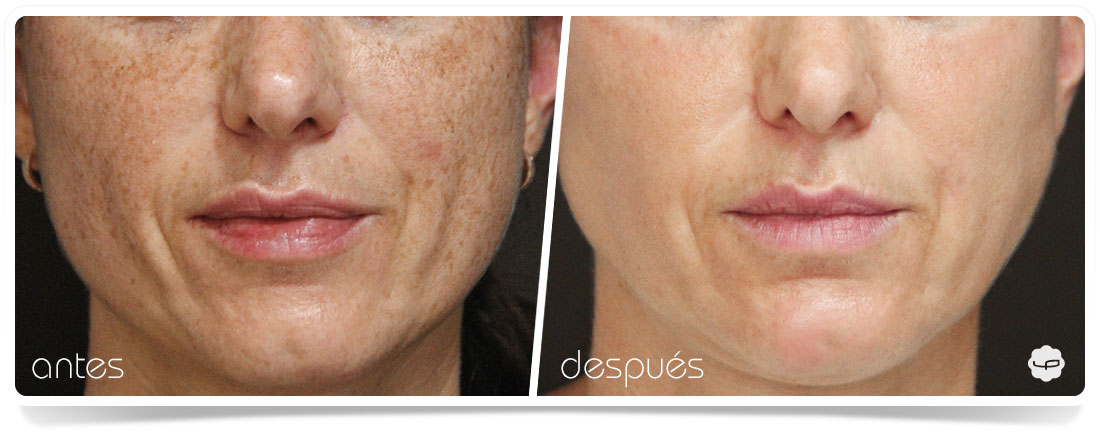
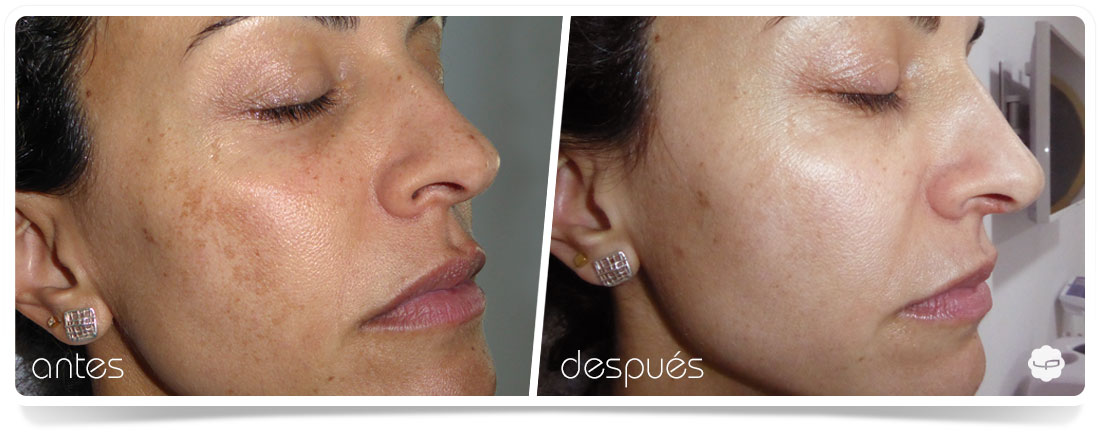
(*) Diagnostic and informative consultation: It has a cost of 60€, although said amount will be discounted from the price to be paid for any of the medical treatments recommended by our professionals in said consultation. Read more…





